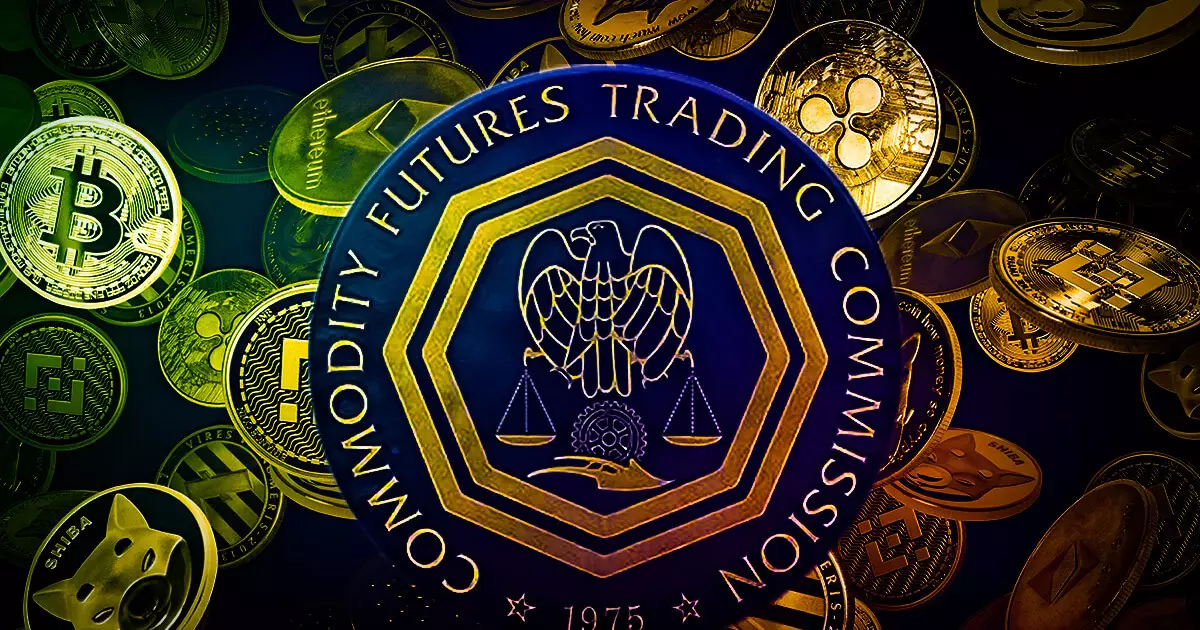In a landmark ruling on October 2, the United States Court of Appeals for the District of Columbia Circuit declared that prediction markets, which allow betting on the outcomes of US elections, are legally permissible. This decision came as a response to the US Commodity Futures Trading Commission (CFTC), which had sought an administrative stay following an unfavorable ruling against its attempted regulation of Kalshi, a prediction market operator. The court found that the CFTC did not sufficiently prove that public harm would arise from election-based contracts being available for betting.
The founder of Kalshi, Tarek Mansour, celebrated the ruling, expressing relief over the legality of US presidential election markets. His declaration, shared via social media platform X, encapsulated a significant triumph for those advocating for transparency and innovation in the prediction market space. Now cleared to resume offering election-related contracts, Kalshi stands at a pivotal moment in expanding its operational scope.
Previously, the CFTC had barred Kalshi from listing contracts that forecast political party control of the US Congress. This move, made on September 22, stirred significant controversy and led the platform to file a lawsuit against the regulator, arguing the prohibition exceeded the CFTC’s authority. The court’s siding with Kalshi signals a potential rebuke of overreaching regulatory practices and raises questions about the appropriate scope of government intervention in emerging markets.
Nevertheless, it is crucial to note that while this ruling favored Kalshi, it does not grant unchallenged immunity from CFTC scrutiny. The Circuit judges cautioned that the CFTC could renew its stay request if new evidence arises that substantiates a claim of substantial public injury from such markets. This indicates an ongoing tension between innovation in financial markets and regulatory oversight, suggesting the need for a careful balancing act.
The ruling has not been without political implications. A cohort of US lawmakers, including prominent Senate and House members, previously urged the CFTC to take a firmer stance against prediction markets related to elections. In an August 5 letter, these legislators asserted that elections should not operate as commercial enterprises for profit, insisting such measures would restore public trust in democratic processes. Critics of prediction markets often emphasize concerns around the integrity of elections and potential for manipulation.
In contrast, voices like Congressman Richie Torres advocated for regulation over prohibition. His call for a measured approach hints at a developing dialogue around how best to govern prediction markets without stifling innovation. The recent favorable ruling for Kalshi not only underscores the market’s legitimacy but may also empower other crypto-centric prediction platforms like BET and Polymarket in resisting regulatory overreach.
As the dust settles on this judicial decision, the future of prediction markets in the United States seems brighter. The pronounced legal backing for platforms such as Kalshi could signify a broader acceptance of these markets within the financial and political ecosystems, fostering engagement and refining public discourse ahead of future elections.
In reflecting on this landscape, it’s clear that prediction markets represent more than just a novel betting platform; they hold the potential to influence how people view elections and party dynamics within a democracy. As the CFTC and lawmakers continue to grapple with these issues, the world will watch to see how this sector evolves and whether further regulation becomes necessary or if a paradigm shift favoring innovative market solutions takes hold.

